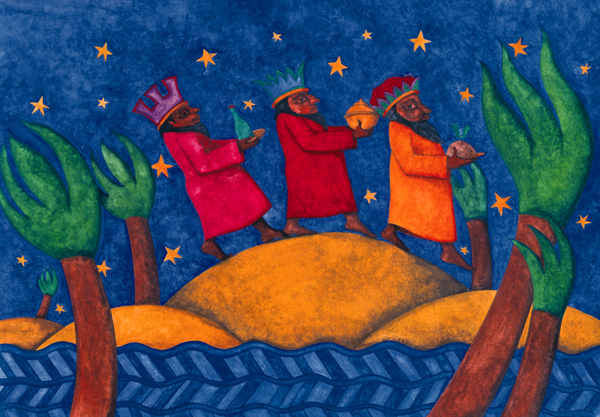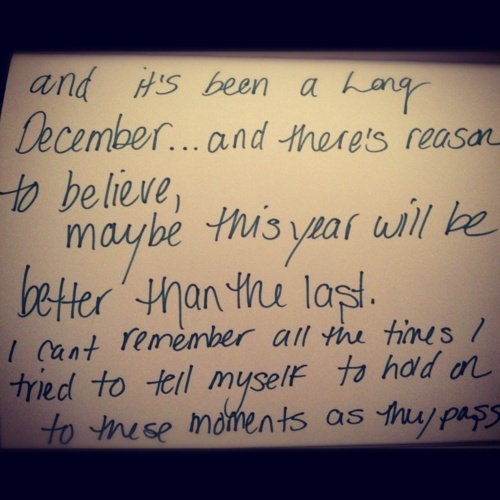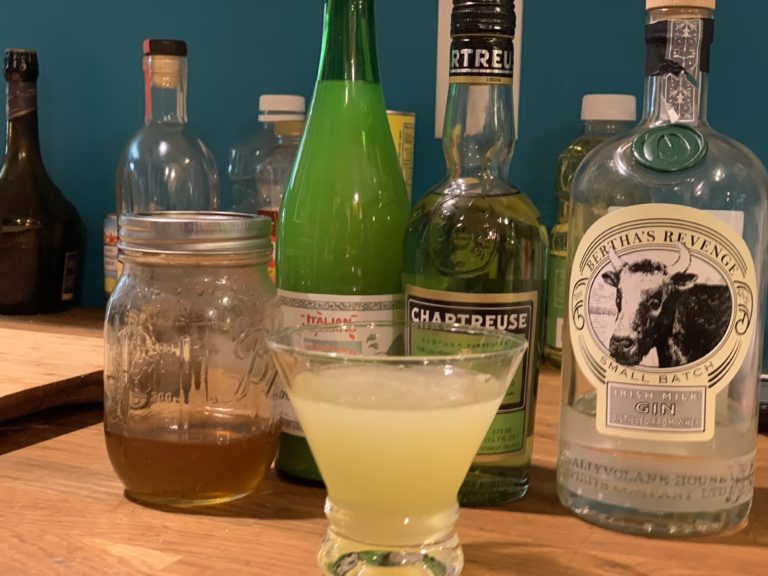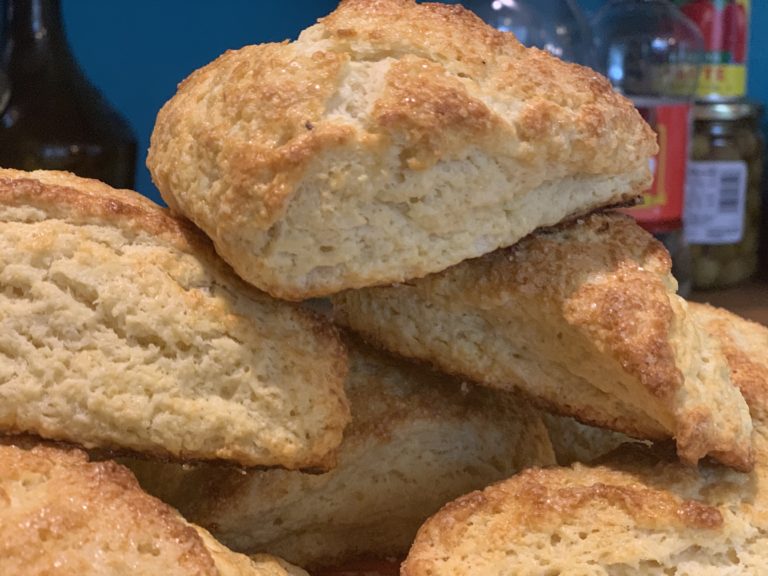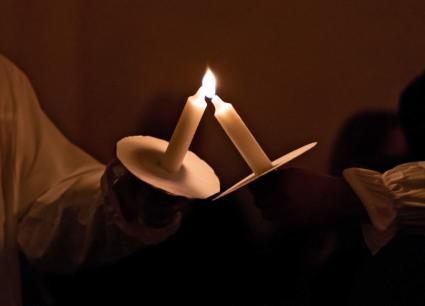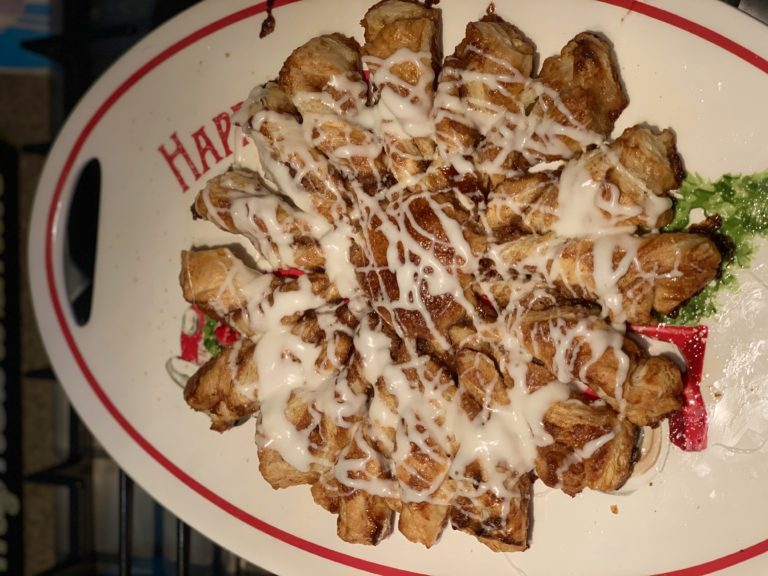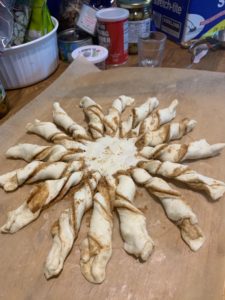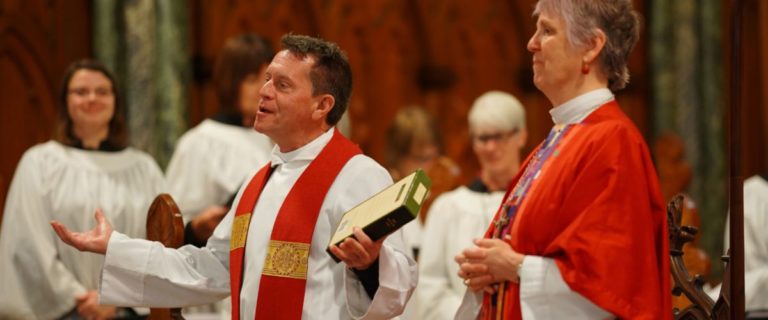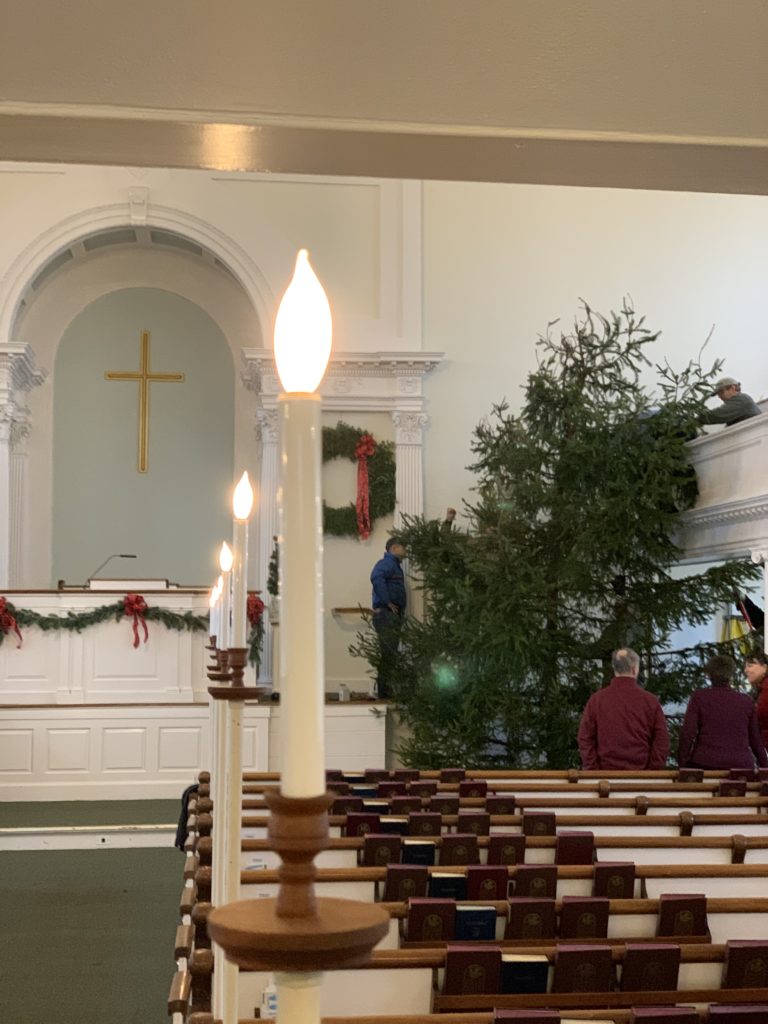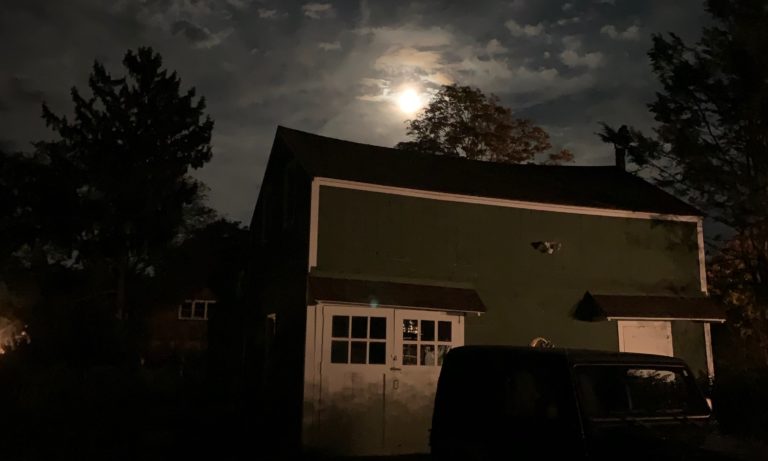I had to learn how to get angry.
My father grew up in a house where the weather of the family was one storm after another. He was determined my brother and I would not grow up in that kind of climate and so he and my mother made a point of not yelling. What he was trying to teach was there was a controlled way to express anger. What I learned was I wasn’t supposed to be angry.
One of the many ways Ginger surprised me when we began dating was with her forthrightness, which included her anger. She was so present with her feelings. She could be angry in the moment without losing her temper and still express her feelings. I had no idea what to do, so she taught me how to get angry. It was hard work. I still would not rank it as my favorite emotion.
Since I read the following sentences from David Whyte (you didn’t think you had heard the last of him, did you?), I have had to go back to them several times. The events of recent days sent me back to them tonight.
Anger is the deepest form of compassion, for another, for the world, for the self, for a life, for the body, for a family, and for all our ideals, all vulnerable and all, possibly, about to be hurt. Stripped of physical imprisonment and violent reaction, anger is the purest form of care, the internal living flame of anger always illuminates what we belong to, what we wish to protect, and what we are willing to hazard ourselves for.
I have to say I had never thought of anger in those terms. Whyte goes on to say that what we name as anger is not what he is talking about.
What we usually call anger is only what is left of its essence when we are overwhelmed by its accompanying vulnerability . . . . What we name as anger is . . . the unwillingness to be large enough and generous enough to hold what we love helplessly in our bodies or our mind with the clarity and breadth of our whole being. . . . What we call anger is often simply the unwillingness to live the full measure of our fears or of our not knowing.
The contrast in his definitions of true anger and the bombastic counterfeit that is founded in fear makes me think of Jesus’ admonition to “be angry and sin not.” Whyte echoes what Jesus was saying.
Anger in its pure state is the measure of the way we are implicated in the world and made vulnerable through love in all its specifics: a daughter, a home, a family, an enterprise, a land, or a colleague.
Both challenge me to remember that anger and violence are not necessarily the same thing. One does not have to lead to another. When it does turn to violence–when we lose our temper–it becomes destructive. We allow our fear to lead us to think that we have run out of options. Violence as a response to violence is an act of last resort.
Anger turns to violence and violent speech when the mind refuses to countenance the vulnerability of the body in its love for all these outer things . . . . In [our] helplessness [we] turn [our] violence on the very people who are the outer representation of [our] inner lack of control.
How any of us deal with our inner lack of control is a live question; a week into a year named after perfect vision, we all struggle to see beyond our fears. The violence demanded by Trump is the obvious example: we had to kill Soleimani because he has done bad things to us and was planning to do more. He is screaming at us to let “do unto others before they do unto you” be our rule for living. That is an invitation to self-destruction on lots of levels.
Nathan Robinson wrote an excellent article this week titled “How to Avoid Swallowing War Propaganda.” One of his suggestions was to “imagine how everything would sound if the other side said it.”
If you’re going to understand the world clearly, you have to kill your nationalistic emotions. An excellent way to do this is to try to imagine if all the facts were reversed. If Iraq had invaded the United States, and U.S. militias violently resisted, would it constitute “aggression” for those militias to kill Iraqi soldiers? If Britain funded those U.S. militias, and Iraq killed the head of the British military with a drone strike, would this constitute “stopping a terrorist”? Of course, in that situation, the Iraqi government would certainly spin it that way, because governments call everyone who opposes them terrorists. But rationality requires us not just to examine whether violence has been committed (e.g., whether Suleimani ordered attacks) but what the full historical context of that violence is, and who truly deserves the “terrorist” label.
When the question is posed that way, the justifications offered for Soleimani’s assassination don’t add up. We wouldn’t want someone to do that to us; why do we think our actions are moral? Are we really willing to hazard ourselves to prove we are a superpower? How can we hope for peace if we allow our anger to turn to violence rather than compassion? An eye for an eye and a tooth for a tooth will still leave us blind and toothless.
But Trump and his minions are easy targets.
I am angry about the war-mongering and the greed and the arrogance and the racism that fuels much of our government’s decisions in these days. I am angry that it feels like our country is coming apart at the seams. I want to know how get to an expression of anger that shows how I am “implicated in the world and made vulnerable through love in all its specifics,” and widen those specifics beyond the people that matter most to me.
Tonight, there’s a sixty-three year old Iranian man who is trying to figure out what to do with his anger as he thinks about those he loves. I want to get angry with him, not at him.
Peace,
Milton

